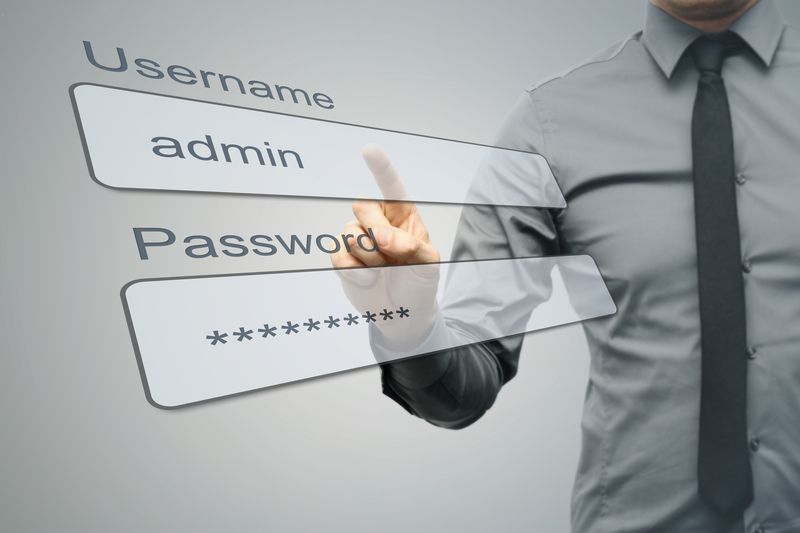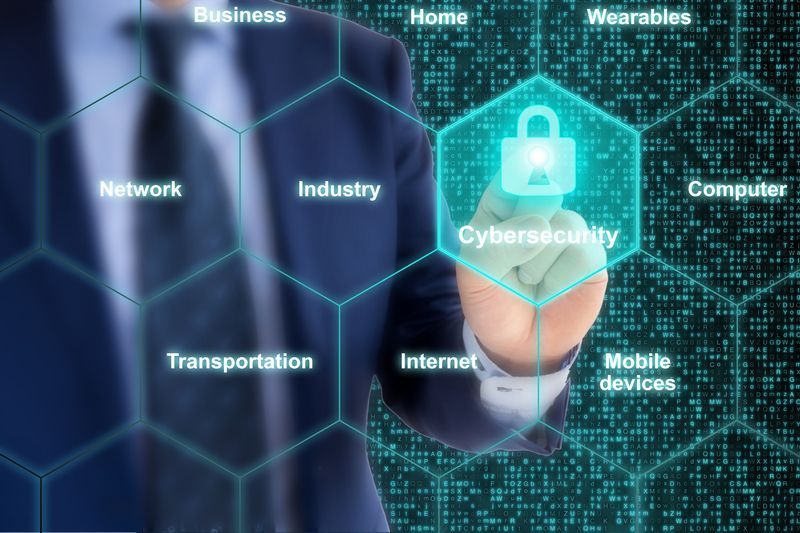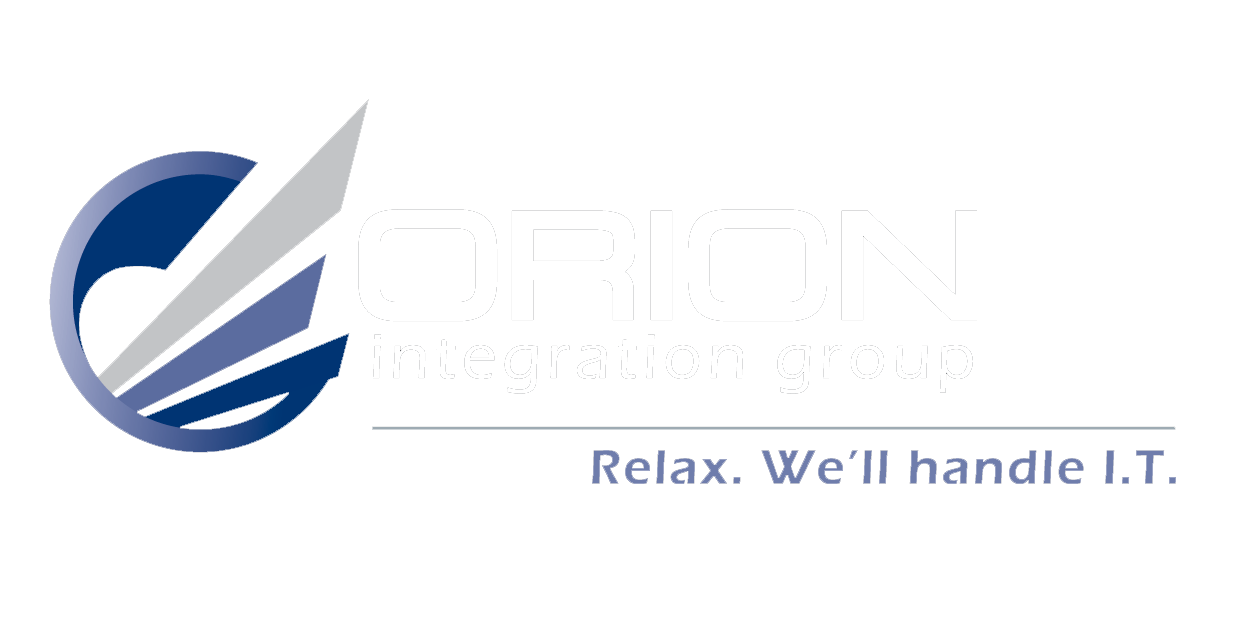Strengthen Your Defense: Cybersecurity Essentials for Businesses
Embarking on the journey to enhance cybersecurity for businesses is paramount in today's digital landscape, where threats loom large and data breaches pose significant risks. From understanding the basics to implementing robust defense mechanisms, each step in this process plays a crucial role in safeguarding sensitive information and maintaining trust with customers. Whether you're a small startup or a large corporation, prioritizing cybersecurity is essential for ensuring the resilience and longevity of your business in an increasingly interconnected world.
The Importance of Cybersecurity in Today’s Business Landscape
In the digital age, businesses of all sizes have increasingly turned to online platforms and digital tools to enhance their operations and reach. This shift not only opens up new opportunities but also exposes companies to a range of cyber threats. Understanding the importance of cybersecurity has become critical for protecting assets, maintaining customer trust, and ensuring the ongoing viability of business operations.
The Pacific Northwest, home to a vibrant community of small and medium-sized businesses, is no stranger to the challenges posed by cyber threats. With a significant number of enterprises in Boise, Idaho, and surrounding areas relying heavily on digital platforms for their daily operations, the potential impact of a cybersecurity breach can be substantial. Not only can these breaches disrupt business operations, but they can also damage a company’s reputation, lead to loss of customer trust, and result in significant financial losses.
Recent cybersecurity breaches in the region highlight the vulnerability of local businesses to sophisticated cyber attacks. According to the
Federal Bureau of Investigation’s Internet Crime Report, the states of Idaho, Montana, Utah, and neighboring regions have seen an uptick in cybercrime, illustrating the widespread nature of this threat. These incidents range from ransomware attacks that lock businesses out of their systems, to phishing scams that target employees to gain unauthorized access to sensitive information.
The cost of these cyber-attacks to small and medium-sized businesses cannot be understated. The
Cybint Solutions reports that the average cost of a cyber breach for small businesses is in the tens of thousands of dollars, considering direct monetary losses, cost of downtime, and longer-term reputational damage. For many small businesses operating in the competitive markets of the Pacific Northwest and beyond, such financial burdens can be crippling, highlighting the paramount importance of investing in solid cybersecurity measures.
As businesses continue to navigate the complexities of the digital frontier, understanding and implementing strong cybersecurity practices has become an undeniable necessity. For companies in the Pacific Northwest, the need to bolster their digital defenses is not just about protecting their interests, but also about preserving the trust of their customers and sustaining the vibrant economic ecosystem of the region.
Understanding Common Cyber Threats
Cyber threats come in many forms, each designed to exploit specific vulnerabilities within a business's digital infrastructure. Phishing, ransomware, and malware stand as the most prevalent threats businesses face today. Phishing attempts trick employees into divulging sensitive information, ransomware locks businesses out of their data until a ransom is paid, and malware can disrupt or completely halt operations by corrupting files and systems.
In the Pacific Northwest, companies have encountered sophisticated phishing schemes targeting their employees. These schemes often mimic legitimate communications from vendors or partners, making them hard to detect without proper training. Ransomware attacks have also surged, with hackers encrypting data and demanding substantial fees for its release. The impact on small and medium-sized businesses can be devastating, leading to significant financial losses and operational downtime.
Real-life examples within the region highlight the severe consequences of cyber threats. One notable incident involved a Boise-based retail company that fell victim to a ransomware attack. It caused several days of complete operational shutdown, resulting in tens of thousands of dollars in lost revenue, not to mention the cost of restoring their systems and data.
Implementing Robust Security Protocols
Implementing robust security protocols is crucial for safeguarding against these threats. Businesses should start with the basics: strong passwords, multi-factor authentication, regular software updates, and secure Wi-Fi networks. Investing in high-quality antivirus and anti-malware software is also imperative.
Managed IT services play a critical role in enhancing cybersecurity for businesses in the Pacific Northwest. These services can provide 24/7 monitoring, timely updates, and quick responses to threats, ensuring businesses remain protected at all times. Encryption and firewalls add an extra layer of defense, making it harder for unauthorized users to access sensitive data.
The Pillar of Cybersecurity: Educating Employees
Technology alone is not enough. Educating employees about the significance of cybersecurity and creating a culture of security awareness is equally important. Regular training sessions can help employees recognize and avoid potential threats, acting as the first line of defense against cyber-attacks.
For small to medium-sized businesses, integrating cybersecurity awareness into the company culture can be achieved through regular updates, engaging training sessions, and clear communication about security protocols. By fostering an environment of vigilance, businesses can significantly reduce their vulnerability to cyber threats, safeguarding their assets and ensuring their long-term success in the digital market.
Future-Proofing Your Business Against Cyber Threats
In an era where cyber threats continually evolve, future-proofing your business is not just an option; it's a necessity. The cybersecurity landscape is dynamic, with attackers constantly developing new strategies to exploit vulnerabilities. Thus, staying one step ahead is crucial for safeguarding your digital assets and ensuring the longevity of your enterprise.
The first step towards future-proofing involves keeping abreast of emerging cybersecurity trends and threats. Hackers are always on the lookout for new technologies to exploit, making it essential for businesses to continuously update their knowledge and understanding of potential risks. This involves engaging in cyber threat intelligence and utilizing resources provided by cybersecurity experts and institutions.
Implementing cutting-edge technologies and practices is another vital aspect. Artificial Intelligence (AI) and Machine Learning (ML) are increasingly being employed to predict and counteract cyber-attacks before they occur. For businesses in the Pacific Northwest, leveraging these technologies through partnerships with cybersecurity firms can offer a significant advantage. Blockchain technology is emerging as a potent tool for securing transactions and data integrity, providing an additional layer of protection against tampering and fraud.
Continuous Reassessment of Your Cybersecurity Measures
As your business grows and evolves, so too will your security needs. Regular risk assessments can identify new vulnerabilities that may have arisen, allowing for timely interventions. The complex regulatory landscape surrounding data protection requires businesses to stay updated on legal obligations, ensuring compliance and avoiding potential fines or penalties.
Collaboration with cybersecurity experts is indispensable in this ongoing battle against cyber threats. Managed IT and cybersecurity firms specialize in understanding the intricacies of digital protection, offering tailored solutions that address specific vulnerabilities. Their expertise can not only enhance your current defenses but also provide strategic guidance for adapting to future threats.
In a world where digital operations form the backbone of business, constructing a fortified digital frontier is paramount. Businesses in the Pacific Northwest and beyond must embrace a holistic approach to cybersecurity. Understanding and mitigating current threats are essential, but adopting proactive measures to anticipate future challenges is what will truly set a company apart. By investing in advanced technologies, continuously reassessing security measures, and forging strong partnerships with cybersecurity experts, businesses can create a resilient cybersecurity posture that not only protects against current threats but is also ready to face the challenges of tomorrow.
Don't wait until it's too late to secure your business against cyber threats. Orion Integration Group offers comprehensive cybersecurity solutions tailored to protect your operations in the Pacific Northwest.











